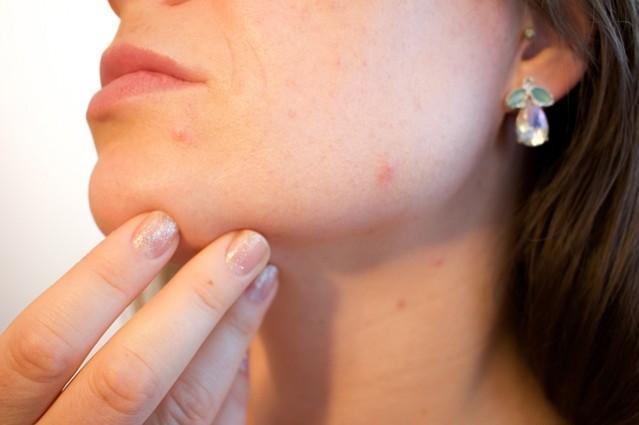
A very common vitamin found in several meat and dairy products has been linked to higher risk of acne.
According to a 2015 study, vitamin B12, which is required for better brain function and to keep anaemia at bay, can reportedly alter the genetic make-up of facial bacteria and lead to an inflammation.
A molecular pharmacologist Huiying Li at the University of California-Los Angeles, and her team studied B12 and concluded that people who take the vitamin might develop acne.
To investigate, Huiying Li and her team decided to focus on high levels of B12 as a possible culprit. The study was based on research from the past six decades that has linked the vitamin to higher instances of the condition.
The researchers, initially, looked for the molecular pathway that produces vitamin B12 in the skin bacterium Propionibacterium acnes. After comparing it in people with good skin, and acne-prone skin, they concluded that vitamin B12 biosynthesis pathway in the bacteria was significantly down-regulated in the latter, reported Science Alert.
The acne-causing bacteria switch to producing porphyrins, which in some people increases the inflammatory skin condition.
"We think the pathway we studied could potentially explain part of acne's pathogenesis," Li said.
The researchers had 10 people volunteering for the study. It was observed that one of the participants broke out in pimples after receiving vitamin B12 injections for a week. Further, the study revealed that the person's P. acnes gene-expression pattern, which was that of a person with good skin, also changed and became similar to an acne patient's pattern.
The research was published on June 24 in the journal Science Translational Medicine.
However, there are few drawbacks. The study, according to Live Science, fails to answer if too much vitamin B12 definitely causes acne or worsens the condition.
"The data and hypothesis are very intriguing, but much additional investigation is required to determine if this is a real cause-and-effect phenomenon," said Josh Miller, a professor of nutritional sciences at Rutgers University, reported the website.
Miller also pointed out that there are studies, which suggests that vitamin B12 has anti-inflammatory properties.

















